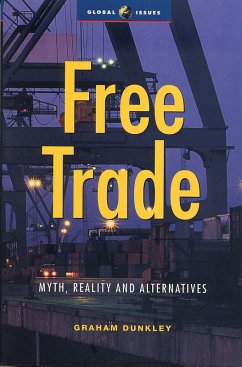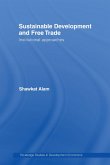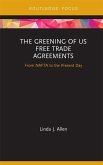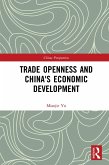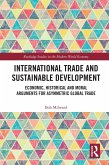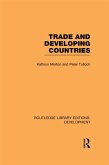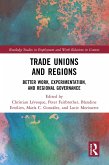In this book Australian economist, Graham Dunkley, explains and critiques the crucial concept of free trade. A policy of free trade is central to today's world-dominating globalization project. The more euphoric globalists uncritically assume that it has universal and unequivocal benefits for all people and countries. And the perpetual negotiations of the World Trade Organization are wholly based on this presumption.
Graham Dunkley shows, however, that leading economists have always been more sceptical about free trade doctrine than the dogmatic globalizers realize. There are more holes in free trade theory than its advocates grasp. And the benefits of free trade in practice are more limited and contingent than they acknowledge.
He also argues that the World Bank's long-time push for export-led development is misguided. A more democratic world trading order is necessary and possible. And more interventionist, self-reliant trade policies are feasible, especially if a more holistic view of economic development goals is adopted.
Graham Dunkley shows, however, that leading economists have always been more sceptical about free trade doctrine than the dogmatic globalizers realize. There are more holes in free trade theory than its advocates grasp. And the benefits of free trade in practice are more limited and contingent than they acknowledge.
He also argues that the World Bank's long-time push for export-led development is misguided. A more democratic world trading order is necessary and possible. And more interventionist, self-reliant trade policies are feasible, especially if a more holistic view of economic development goals is adopted.

